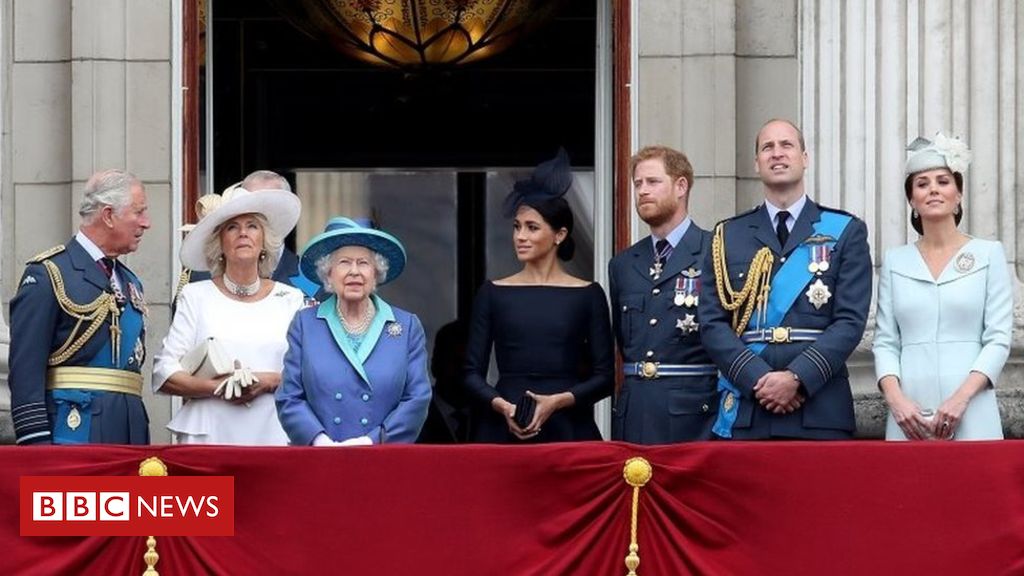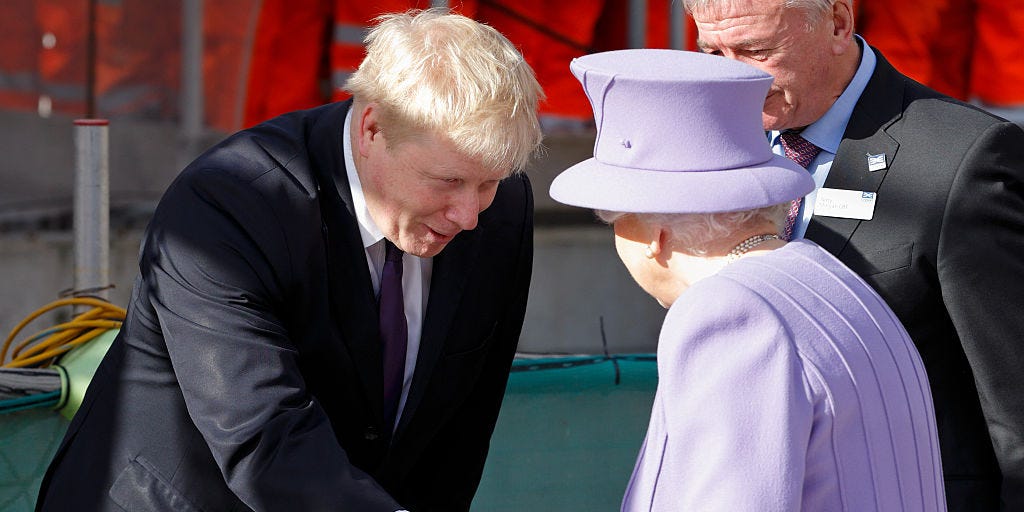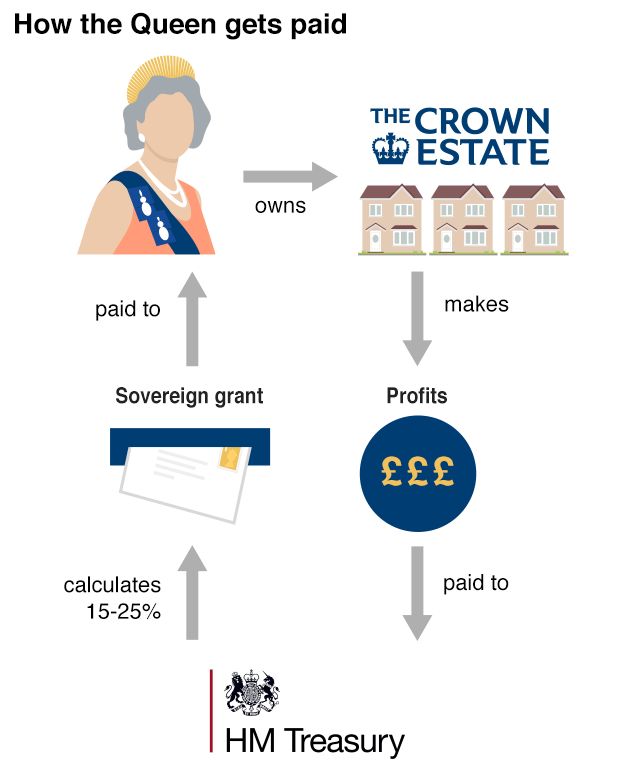The Monarchy may be viewed as a distant elite by some, especially millennials – but the power and purpose of this age-old institution may surprise you.
A glimpse of history
The British Monarchy is one of Britain’s oldest constitutions, tracing back to Britain’s time under the Roman empire. The the first King of England was William the Conqueror, who brought all of the small groups of monarchies in Britain together, under one leader. However, the monarchy as we know it, began with the Tudors.
Queen Elizabeth became Britain’s ruling monarch in 1952, when her father, King George VI, passed away. She is currently Britain’s longest reigning monarch in history, as well as the head of state.
The monarchy is a constitutional monarchy – a form of government, where in Britain, the Prime minister holds the legal power. This means that the role that the reigning monarch occupies is not a political or executive role – only an elected parliament can make and pass legislation. If the government were to legislate the removal of Queen Elizabeth as the head of state, they would have the power to do so.

Why is the Monarch’s role important?
However, Queen Elizabeth’s role is still vital to current structure of Britain -she holds the right to be consulted, encourage and the right to warn. As the Monarch, Queen Elizabeth performs key ceremonial duties, such as appointing the Prime Minister when he/she is elected, and awarding knighthoods. Furthermore, the monarchy contribute extensively a number of charities and causes – the Queen is patron to 510 charities in Britain, including Cancer Research UK.
She formally opens the British Parliament annually, and she must give her stamp of approval (Royal Assent) on a bill before it can become an Act of Parliament. As the reigning monarch, she has never refused to give her Royal Assent, as of yet.

The Queen supports the elected government; she remains politically neutral because the monarch is a separate institution from the reigning government. Members of the royal family tend to refrain from sharing their opinions on current political affairs. Furthermore, if there is a political situation such as a hung parliament, the Queen cannot show any personal discretion over the potential choice of the next Prime Minister. She supports the Prime Minister in office by providing counsel and meeting with them weekly.
The Monarchy is the symbol of Britain – representing Britain at home and abroad through institutions such as the Commonwealth, representing the nation during goodwill trips and hosting the heads of state from foreign nations. This can have an impact on diplomatic relations between Britain and other countries.
The official Royal website says, “the Sovereign acts as a focus for national identity, unity and pride; gives a sense of stability and continuity; officially recognises success and excellence’ and supports the ideal of voluntary service.”
How is the Monarchy funded?

The British public do partly fund the monarchy through an avenue called the Sovereign Grant (which comes from public taxes). The Sovereign Grant is funded by a percentage of the profits of the Crown Estate revenue. According to the government, the grant “meets the central staff costs and running expenses of Her Majesty’s official household. It also covers maintenance of the royal palaces in England and the cost of travel to carry out royal engagements such as opening buildings and other royal visits.”
As a result of the public funding, the Queen surrenders the revenue from the Crown Estate to the government. The Sovereign Grant for 2020-21 will be £85.9 million – this is 25% of the Crown Estate’s revenue surplus in 2018-2019, which was £343.5 million.
Whether you’re an avid supporter of the monarchy or an abolitionist – or somewhere in between, the monarchy has directly impacted your life, from education, finance to politics – and it will stand as an age-old institution for years to come.


